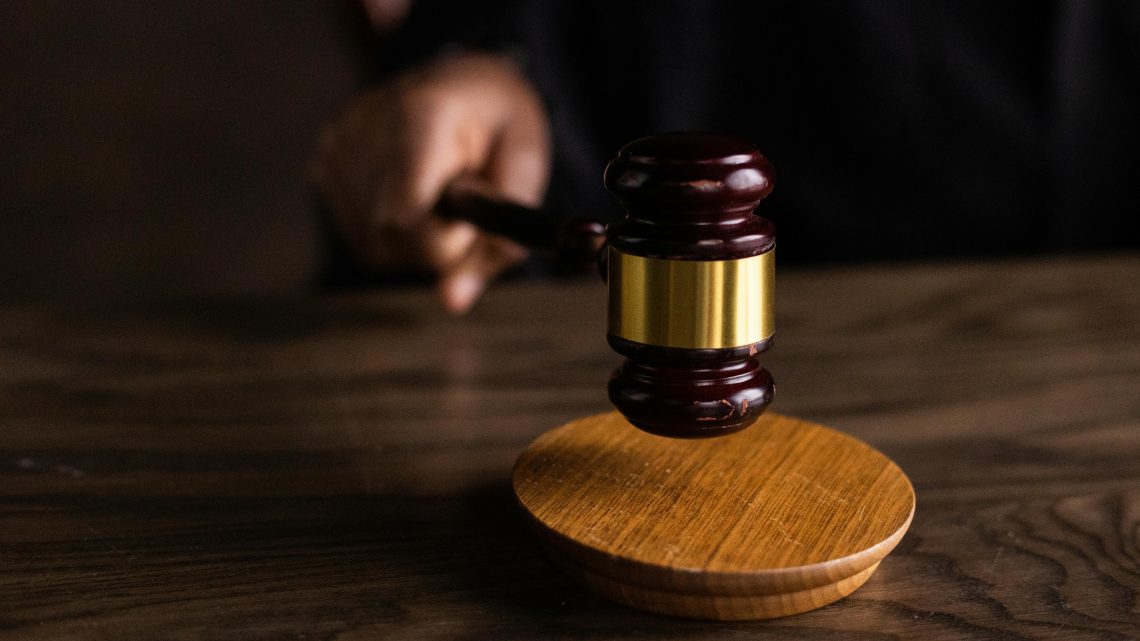Losing a loved one is an incredibly painful experience, and the grief can be even more profound when their passing is the result of someone else’s negligence—an event that could have been prevented. The emotional toll of such a loss is already immense, but the process of seeking justice can feel even more overwhelming. In Colorado, pursuing a wrongful death claim and consulting with a wrongful death lawyer, like those at Dan Caplis Law, can help bring a sense of accountability and healing. However, it’s crucial to act within a specific time frame known as the Statute of Limitations. In this article, we’ll explore the essentials of filing a wrongful death claim in Colorado and why it’s vital to take action promptly.
What is a Wrongful Death Lawsuit?
Wrongful death refers to a legal claim that arises when a person dies due to the negligence, misconduct, or intentional actions of another party. Common causes of wrongful death can include the following:
- Car accidents
- Workplace accidents
- Defective products
- Medical malpractice
- Criminal acts such as homicide.
These incidents often result in tragic loss and can leave families struggling with emotional and financial burdens. Those who can file a wrongful death lawsuit typically include surviving family members such as spouses, children, and parents, as well as estate representatives acting on behalf of the deceased’s estate. The goal of a wrongful death lawsuit is to seek justice for the deceased and compensate the survivors for their loss.
What is a Statute of Limitations?
If an individual decides to file a wrongful death claim, it is important to note that this action must be taken within a certain time frame, known as the statute of limitations. The purpose of the wrongful death statute of limitations is to ensure claims are filed promptly, preserving evidence, promoting fairness, and preventing undue strain on the courts. This makes the process of filing a claim and dealing with the loss of a loved one most efficient as this can become a taxing and long proceeding.
The Statute of Limitations for Wrongful Death in Colorado
In Colorado, there is a specific statute of limitations for wrongful deaths. According to the Colorado Revised Statutes (C.R.S) § 13-80-103, an individual should file a claim within 2 years from the date of death. Although this is the general rule, there are certain exceptions or special circumstances that may apply and can extend or shorten the period to file a claim. One of these is the “discover rule.” This essentially means that the statute of limitations starts when the cause of death is discovered. In some cases, the personal injury that caused the death may not have been apparent immediately and discovered later. For example, if the family members do not know the cause of death right away, the time limit has not begun just yet. The statute of limitations would start once they knew of the cause of death.
Special Exceptions or Considerations for Colorado Wrongful Death Cases
Some other special exceptions or considerations that may be taken into account for Colorado wrongful death cases are:
- Defendant’s location
- Case being filed against a government entity
- Minors or incapacitated individuals
- Criminal charges
Depending on the situation, the statute of limitations may differ based on these factors shown above. In cases, like these is essential to seek a legal expert on Colorado’s wrongful death laws.
Consequences of Missing the Statute of Limitations
If an individual happens to file a wrongful death lawsuit after the statute of limitations period, this will lead to a dismissal of their case entirely due to untimeliness. They will no longer be able to recover any compensation for their deceased loved one’s death, further losing the right to seek justice.
How to Protect Your Right to File a Wrongful Death Lawsuit in Colorado
After the death of a loved one, it’s crucial to take immediate steps to protect any potential legal claims. The first action should be to seek legal counsel from an experienced wrongful death attorney who can guide the family through the process. Gathering evidence as early as possible is essential, as it helps preserve critical information that could be vital in building a strong case. Photographs, medical records, witness statements, and other documentation should be collected promptly to prevent them from being lost or damaged over time. A Colorado wrongful death attorney plays a key role in ensuring the timely filing of the claim, adhering to the statute of limitations deadlines, and navigating the complex legal system to help secure justice for the deceased and compensation for the grieving family.
Why Is Understanding Colorado’s Statute of Limitations for Wrongful Death Important?
While the loss of a loved one is always heartbreaking, the added burden of navigating the legal system can make an already difficult time even more overwhelming. Understanding the statute of limitations for a wrongful death lawsuit in Colorado is critical to ensuring that you do not miss the opportunity to seek justice and compensation for your loss. With the right legal guidance, such as from a Denver, CO wrongful death attorney, you can protect your rights, gather crucial evidence, and pursue a claim within the required time frame. Taking swift action not only helps preserve your case but also ensures that those responsible for your loved one’s untimely death are held accountable.




No Comment